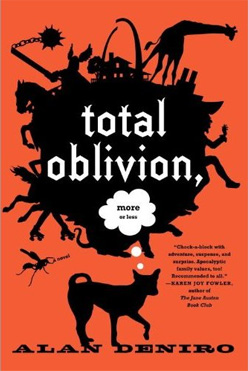myspace vs. friendster
This is a brilliant, brilliant essay by Danah Boyd about Friendster vs. MySpace, and about burgeoning “super publics”:
Online communities are more like nation-states than technological tools. There is a master behind the architecture, a master who controls the walls of the system and can wage war on her/his people at any point. People know this. They have to trust that the creators have their best intentions in mind. They invest a lot of time and energy into creating an identity in the system - they want to believe that it is worth it.
*
Portability of identity doesn’t matter. Easy-to-use interfaces don’t matter. Visual coherence doesn’t matter. Simple navigation doesn’t matter. Bugs don’t matter. Fancy new technologies don’t matter. Simple personalization doesn’t matter.
Before you scream “but it does to me!” let me acknowledge that you’re right. It does matter to you. The question is whether it matters to the masses. And it doesn’t. Especially for teens.
*
“Coolness” is about structural barriers, about the lack of universal accessibility or parsability. Structural hurdles mean people put in more effort to participate. It’s kinda like the adventure of tracking down the right parking lot to get the bus to go to the rave. The effort matters. Sure, it weeds some people out, but it makes those who participate feel all the more validated. Finding the easter egg, the cool little feature that no one knows about is exciting. Learning all of the nooks and crannies in a complex system is exhilarating. Figuring out how to hack things, having the “inside knowledge” is fabu.
Often, people don’t need simplicity - they want to feel proud of themselves for figuring something out; they want to feel the joy of exploration. This is the difference between tasks that people are required to do and social life. Social life isn’t about the easy way to do something - it’s about making meaning out of practice, about finding your own way.
Bugs make technologies seem alive, particularly if they’re acknowledged and fixed. They give texture to the environment and people are impressively patient with it if they feel like the architects are on it. It makes the architects look vulnerable which brings them back down to earth, making them real and fallible, but giving them the opportunity to do good. They let the benevolent dictator really serve the people.





cool read, alan. as a recent joiner of myspace after being turned off by it’s strangeness for years, it was even more interesting.